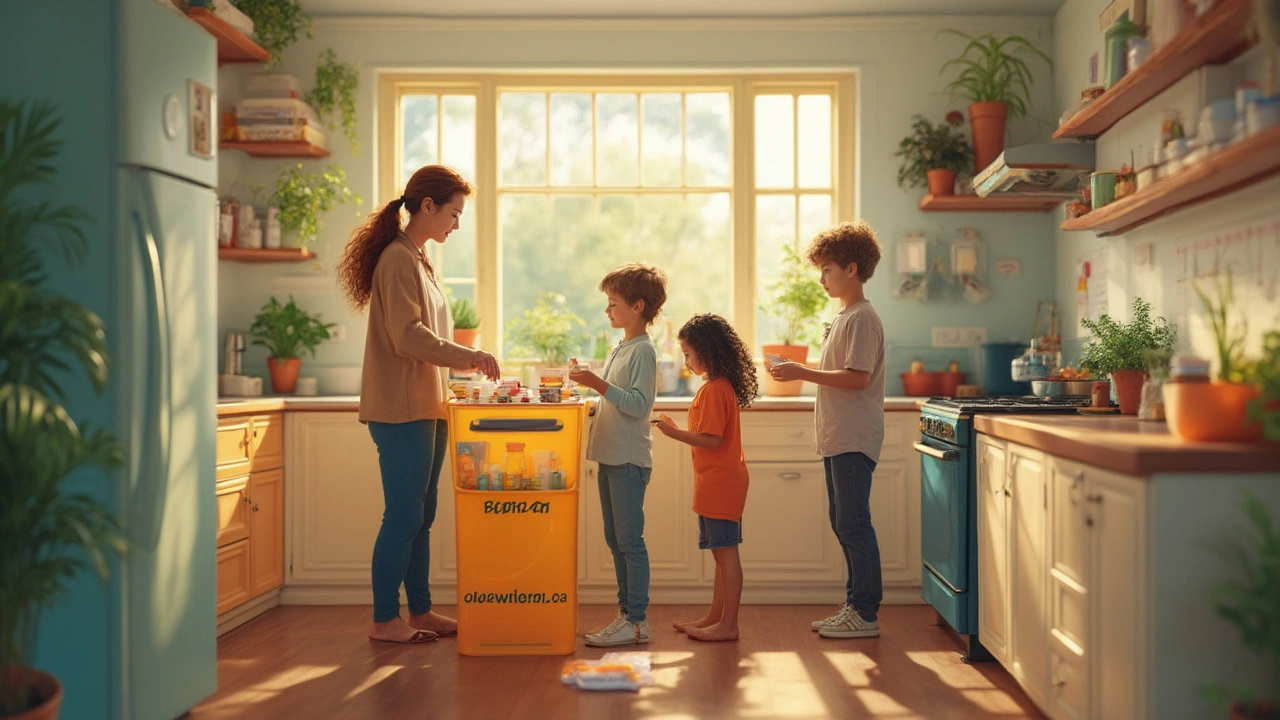Ever opened your medicine cabinet and wondered what to do with old pills and expired creams? Tossing meds in the trash or down the sink sounds easy, but it can harm the environment and put people (and pets!) at risk. Pharmaceutical waste isn’t just a hospital problem—every family faces it at some point. So, what’s the right move?
Expired drugs don’t just lose their punch—they can actually turn dangerous. Some meds change chemically over time, and taking them could make you sick or just not help when you really need them. Think painkillers, antibiotics, or heart meds—those are not things you want to mess around with once they’re past their date. And then there's the risk of someone accidentally swallowing the wrong pill. Kids and pets find stuff you’d never expect.
So what’s the safest way to get rid of your unused or expired medicine? First, don’t flush them. Water treatment plants aren’t set up to filter out pharmaceuticals, so those chemicals can end up in lakes, rivers, and even tap water. That’s bad news for fish, wildlife, and anyone on the other end of the tap.
Most towns have a safe medication drop-off point, like a pharmacy or a public take-back event. Some even have secure bins year-round at police stations or fire departments. These drop-offs make sure the drugs get destroyed properly—think high-temperature incineration, not just dumpster flames.
If you can’t find a take-back spot near you, mix the pills in something gross—like used coffee grounds or kitty litter. Toss that in a sealed bag and drop it in the trash. It’s not perfect, but it keeps curious hands and paws away. And always scratch off your info on prescription labels to protect your privacy.
Travelers, this matters to you too. If you’re heading on vacation or packing a first aid kit for the kids, keep medicines in their original containers and only take what you’ll use. This avoids waste and keeps your bag organized for customs checks.
If you use things like wax heaters or beauty products with chemicals, disposal rules sometimes overlap. Some items can count as hazardous, so check for local advice before dumping anything.
Small habits—like checking your medicine shelf every six months—really make a difference. It takes less than 10 minutes and keeps everyone in your home safer. Plus, it gives you a chance to refill the band-aids and first aid supplies you’ll actually need.
Want more tips on safe beauty routines, home health hacks, and waste-free living? Browse around Halo Hair North Carolina for real-world advice and expert tips that go way beyond haircuts. Your medicine cabinet—and the planet—will thank you.

Concerned about expired meds harming the planet? Learn smart ways to dispose of old pills without trashing the environment. Get practical, safe tips.